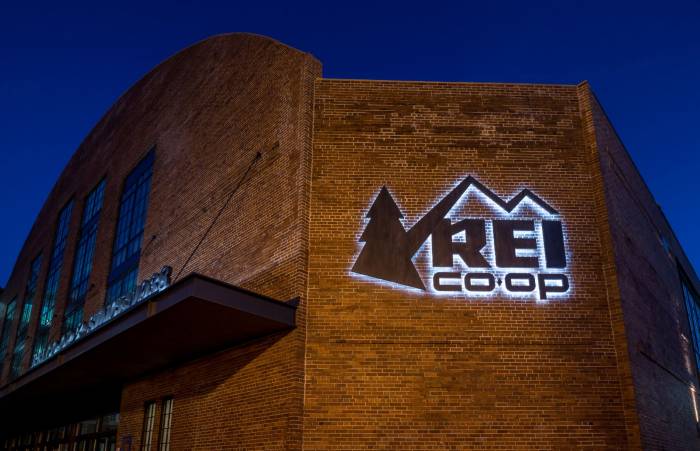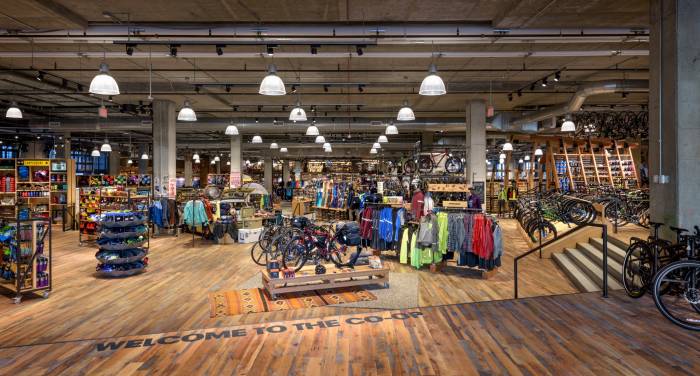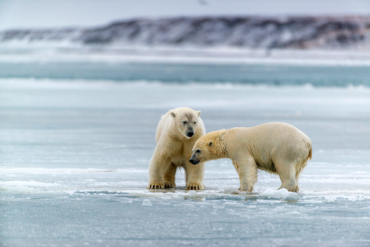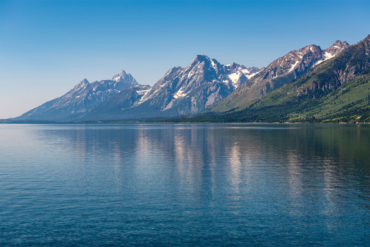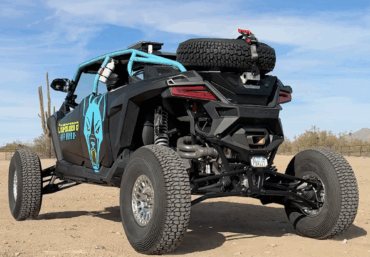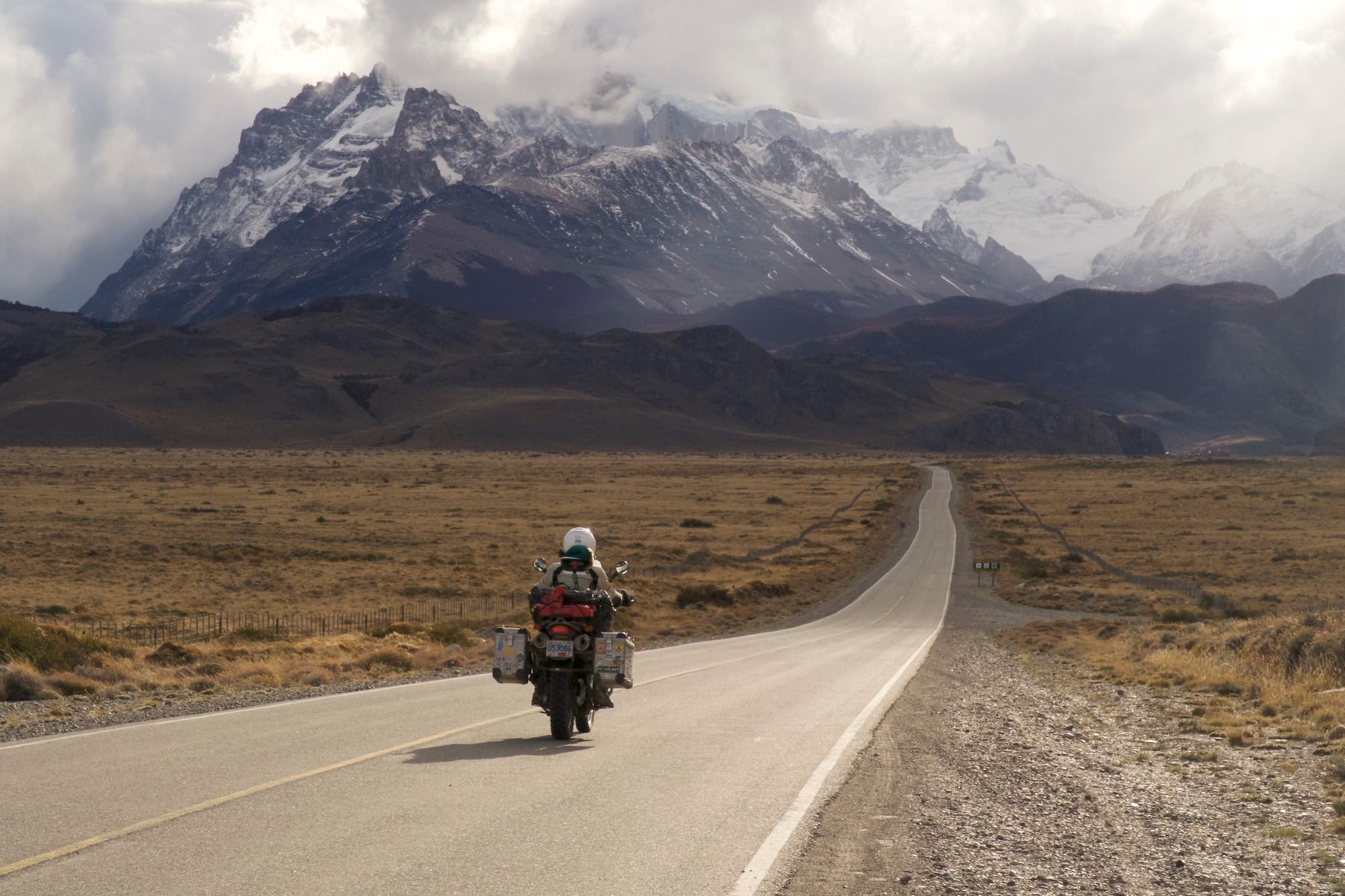REI sells over 1,000 brands. Beginning soon, the retailer will hold every one of them accountable to higher social and environmental Product Sustainability Standards.
REI wants to make a positive global impact. Today, it announced measures sure to shake up the outdoors industry.
REI’s new sustainability policy goes far beyond its own walls and website. In the very near future, the retail juggernaut will require all products it sells to meet stringent sustainability measures.
These include macro-level changes like eliminating long-chain fluorocarbons in DWR treatments for jackets, requiring humane animal treatment in wool and down farming, and improving factory working conditions all over the world.
“We thought about everything from cotton to gear to sunscreens to electronics,” said Greg Gausewitz, manager of product sustainability for REI. “This impacts everything across all categories.”
REI Sets High Standards
REI created a 12-page document detailing its new sustainability standards for brands, to which it has sent copies. It outlines both brand expectations (minimum requirements) and preferred attributes (such as third-party bluesign or Forest Stewardship Council [FSC] certifications).
“These are feasible for both big and small brands,” said Gausewitz. “Some go into place immediately, while others that are new and take time to implement will be implemented with a fall 2020 deadline.”
REI plans to hold all brands – including industry giants like The North Face and mom-and-pop niche manufacturers – all to the same standards.
“This effort to advance sustainability across an entire vendor base is among the most comprehensive in the U.S. retail industry,” says Adam Siegel, senior vice president of research, innovation, and sustainability for the Retail Industry Leaders Association (RILA).
REI Product Sustainability Standards
The REI Product Sustainability Standards document outlines the co-op’s expectations for how brands manage key environmental, social, and animal welfare impacts.
Input from dozens of partner brands, of various sizes and product categories, shaped the standards. This input helped to ensure feasibility, address the most relevant topics, and reflect upon best practices.
It’s a pretty long list. GearJunkie examined the document and gleaned a few notable points. While every product category has its own set of standards, these are some of the biggest.
Fair and Safe Supply Chains
REI expects each brand to have a manufacturing code of conduct that formally outlines social and environmental standards within its supply chain. Its objective is to ensure fair, safe, nondiscriminatory labor practices for every product.
It also encourages brands to pursue a Fair Trade USA or Fairtrade International certification.
Restricted Substances List
REI requires that all brands it sells maintain a list of chemical substances that meets, or preferably exceeds, all applicable regulatory requirements. The co-op is also establishing specific requirements for bisphenol A (BPA), perfluoroalkyl and polyfluoroalkyl substances (PFASs) often used in DWR coatings, and oxybenzone, which is used in sunscreen and can harm coral reefs.
REI also prefers brands obtain bluesign or Leather Working Group certifications.
Land Stewardship
REI’s objective is to ensure that the land used to cultivate its products’ raw materials is “managed in a way that promotes stewardship, biodiversity, and long-term environmental, social, and economic benefits.”
The brand prefers products that are certified by the FSC or are made from organically grown ingredients.
Animal Welfare
To ensure that animal-derived materials such as down, wool, and leather come from animals “treated with respect regarding their Five Freedoms,” REI set specific brand expectations.
REI will not sell products that contain animal fur or exotic leather.
Sheep raised for wool must be “treated humanely and not mulesed,” referring to the controversial practice of removing strips of wool-bearing skin from around the breech of sheep to prevent a disease called flystrike. The practice is common in Australia among merino sheep. REI also prefers brands use wool that meets Responsible Wool Standard criteria.
Down products must come from animals that are “treated humanely and are never live-plucked or force-fed.” And the retailer prefers brands use materials compliant with the Responsible Down Standard or the Global Traceable Down Standard.
Environmental Management
REI aims to minimize environmental impact throughout product life cycles. This includes everything from the products themselves to materials within them, supply chains, and the manufacturers’ operations.
To do this, REI expects brands to join it in completing Higg Index Brand Modules annually as well as share results.
It also encourages brands to use certified recycled materials. This will reduce products’ environmental impact while maintaining performance and safety.
In addition, REI promotes the use of FSC-certified, recycled/recyclable, and compostable packaging. It also invites the use of the How2Recycle logo on packaging.
REI Product Sustainability Standards: Brand Reactions
REI spokespeople said it received very little pushback, with most brands embracing the new policy.
“We are very focused on providing guidance and support to many brands going forward,” Gausewitz said.
“For small brands without sustainability teams, it’s very helpful for them for REI to provide guidance. They ask us, ‘How do you navigate the waters of sustainability?’ Now we are showing them exactly how. We published a booklet.”
REI spokespeople said the brand hopes the new standards will give brands of all sizes and levels of notoriety a roadmap to success.
NEMO, a tent maker in New Hampshire, participated in creating the standards. The brand said it would embrace the new sustainability measures.
“When REI started working collaboratively, it made us excited – gave a framework to sink our teeth into. We were able to prioritize the foundational small steps that we as a brand should focus on,” said Theresa Conn, supply chain and sustainability coordinator for NEMO.
The new rules will spur some changes at the company, she said. For example, NEMO will change the chemistry of its DWR used in sleeping bags. While not required by REI, it brings the DWR in line with guidelines for apparel. Conn said the brand had already begun investigating this issue, but REI’s sustainability policy brings a new sense of urgency.
“It’s kind of a guiding light on how to move forward. Most people and brands want to do the right thing. But it’s not always clear what the right thing is,” Conn said. “These standards do this and help guide the industry in the right direction.”
Customer Perspective
To drive home the gravity of these changes across the board, REI will work to educate consumers on how their purchases affect the environment and society.
The brand will provide consumers new search filters related to social and environmental certifications. Thus, REI will empower buyers to make informed decisions. For example, a consumer could look for only bluesign certified jackets when browsing REI’s website.
“It supports their values of wanting to be stewards of the environment,” Gausewitz said.
Changes Coming Soon to REI
With today’s announcement, REI draws a line which it expects brands to join it in toeing. It launches a new era of sustainability and accountability in the outdoors industry.
“By going so broad with requirements for their suppliers and approaching this with such a spirit of collaboration, REI has not only moved their own operations forward, but they’ve raised the bar for the entire industry,” said Adam Siegel of RILA.

